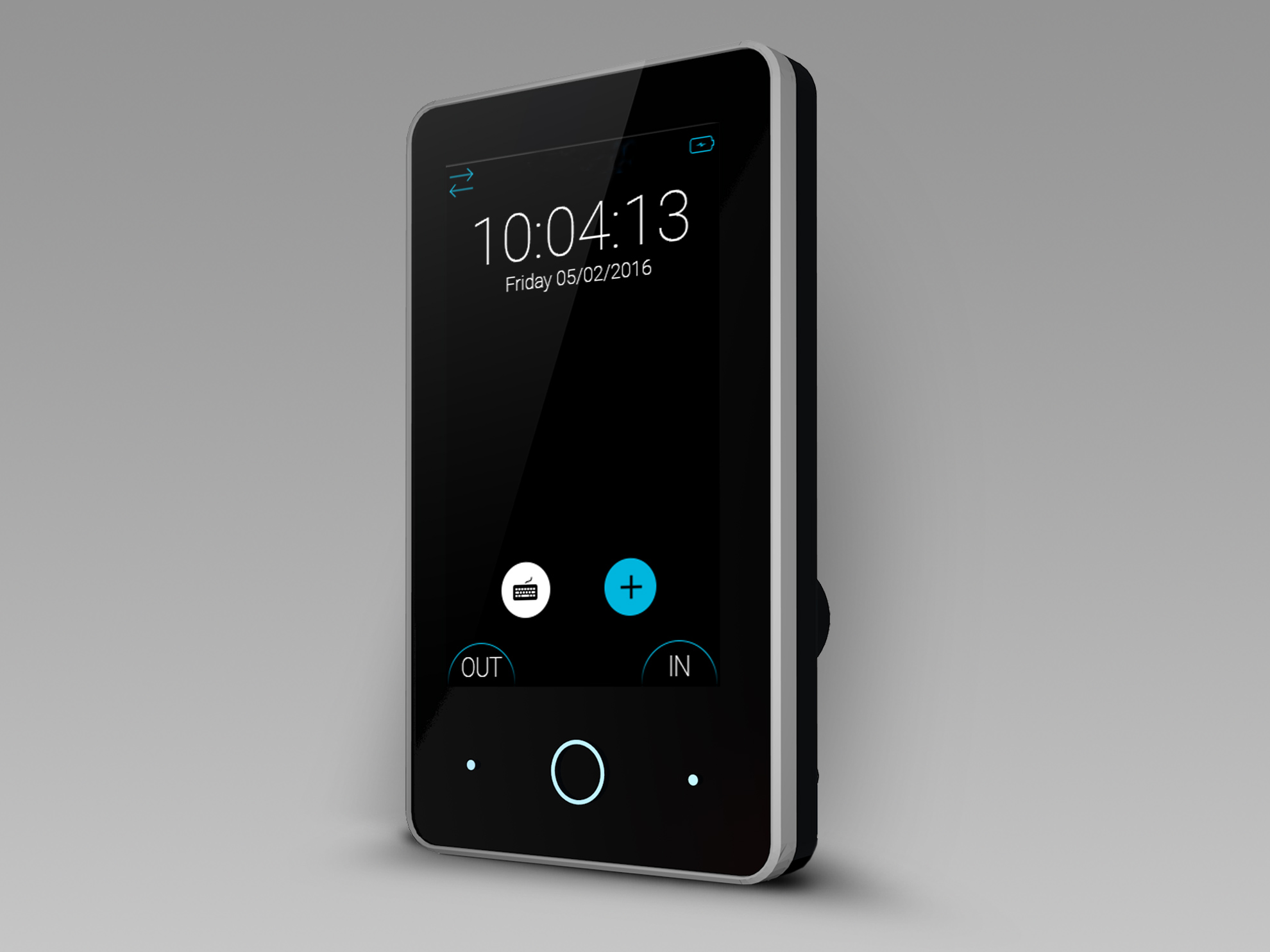The European Court of Justice has established the obligation of monitoring hours and attendance at work for all Member States This means that all Member States must oblige companies – including SMEs – to adopt a reliable, objective and transparent system for measuring daily, weekly and monthly hours worked by employees. The mandatory recording of working hours comes from Ruling C-55/18 dated 14 May 2019, issued by the Court of Justice following a dispute between Deutsche Bank and a Spanish trade union. The latter, in fact, claimed that it was necessary to adopt a precise working-hours monitoring system, while the former, in their role of employer, denied this need. This went to the Spanish Central Court of Appeal and then to the European Court of Justice, which ruled in favor of the workers, who – as the ruling states – must be considered the weak party in the working relationship. The aim is to have the certainty of establishing any overtime worked objectively, as well as the minimum daily and weekly rest times.
Time and Attendance monitoring
What is the current situation, faced with the obligation of recording working hours? Well, figures show there are not currently many Italian companies that have an objective, accessible system that can ensure a precise, reliable work time and attendance monitoring. And this is in a country where, although with a little delay compared to others, remote working has already become popular, now with most companies. This trend makes it more difficult – if not impossible – to precisely record working hours while using classic systems.
The scenario of Italian companies just a few months after the entry into force of the obligation to monitor employees’ working hours is a rather varied one. Some particularly backward companies still use paper cards to be stamped on entry and exit, while a good proportion of companies use badges – which, however, cannot be used for remote or smart working. Only a few companies use their own employees’ mobile devices to monitor working hours and attendance, regardless of their place of work. Therefore, currently, fewer than half of companies can count on attendance management software that can, for example, know how many employees are working in real time.
How to observe the obligations to record working hours
Therefore, it would appear to be clear that, in order to observe the obligation imposed by the EU Court of Justice, Italian companies must equip themselves with modern time and attendance monitoring software. As often occurs, there are several advantages for companies too behind this obligation: a good time management platform makes staff administration more efficient, and reduces payroll processing errors. These solutions also allow an increase on productivity checks, and, of course, better organization of work planning, with higher employee satisfaction as a result.




